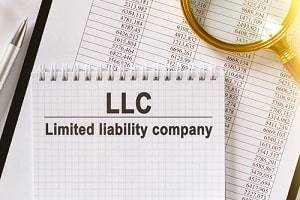
If you have an entrepreneurial spirit, you may have dreamt of being your own boss someday or building a company from the ground up. Starting your own company or going into business with a partner is a major endeavor, not to be taken lightly. In a business partnership, you and your partner can split the profits any way you want, as long as you both agree to the terms of the arrangement. When business partners start a new company, they typically bring different skills and assets to the table. It is not uncommon for one partner or partners to bring in cash and the others to bring managerial experience or industry knowledge. The key issue here is then how to appropriately compensate each partner and where to allocate the liability. The legal aspects of running a business can be intimidating, so that is why you should consult with an experienced business law attorney before embarking on this type of endeavor. In order to avoid any disputes when a company becomes successful, fails, or if there is a third party lawsuit, it is imperative to consult an attorney to properly allocate profits—and liability—to minimize harm later on.
Limited Liability Companies and Profit Sharing
Limited liability companies (LLCs) are an ideal way to share profits and distribute liability between partners (or as known in LLCs: “members”). LLCs are incredibly flexible and can be custom designed for your business’ specific needs. LLCs can be designed in the following ways:





